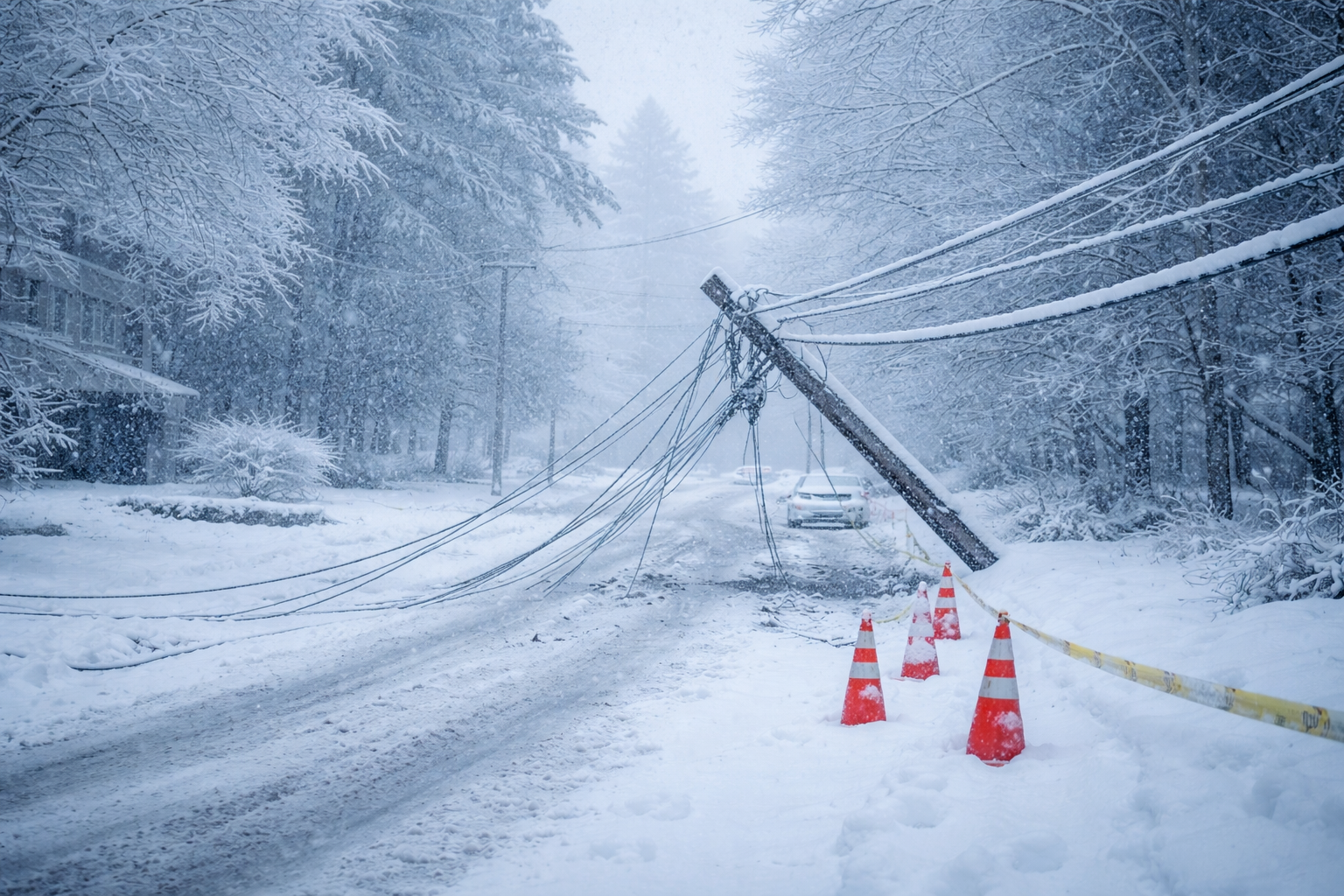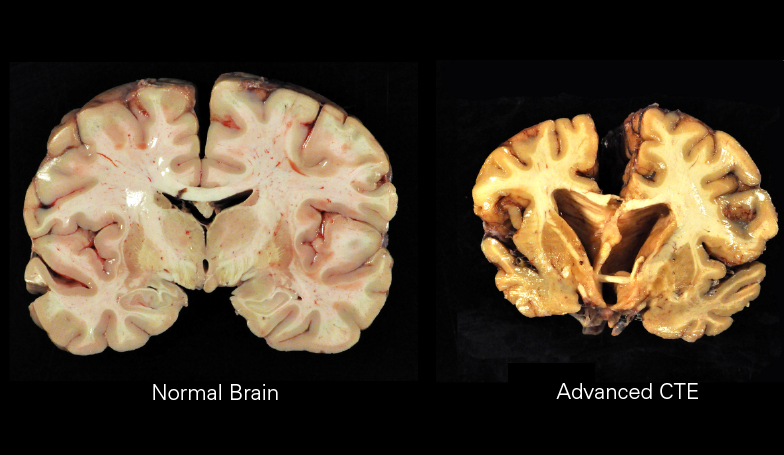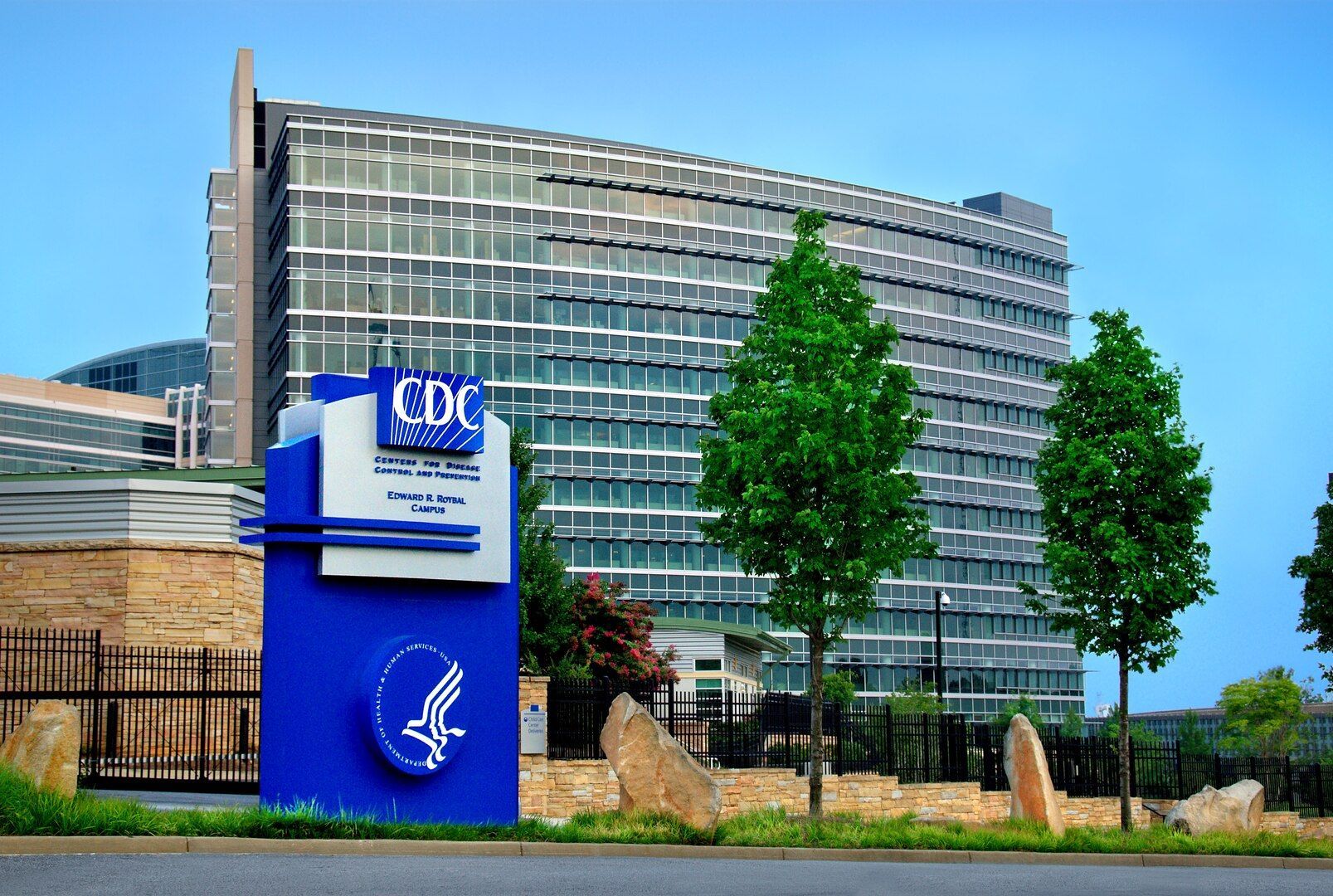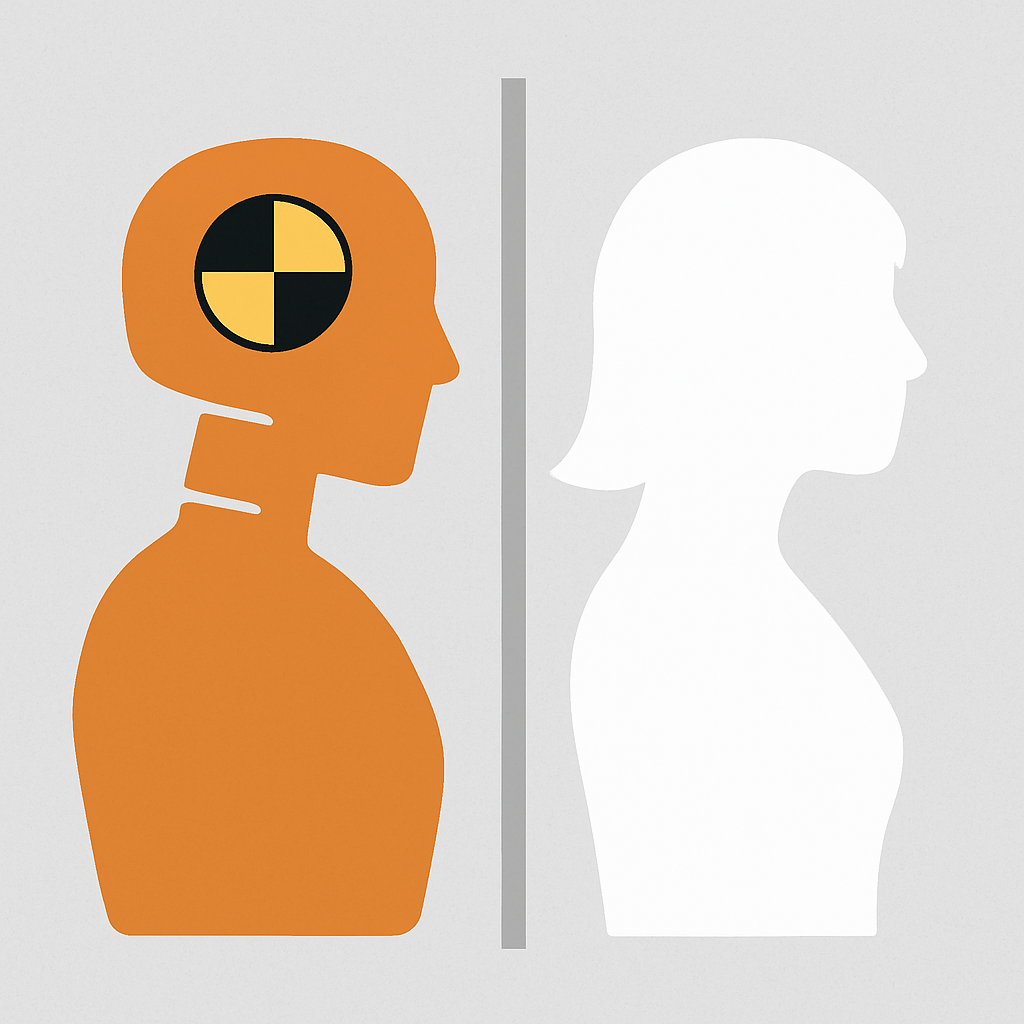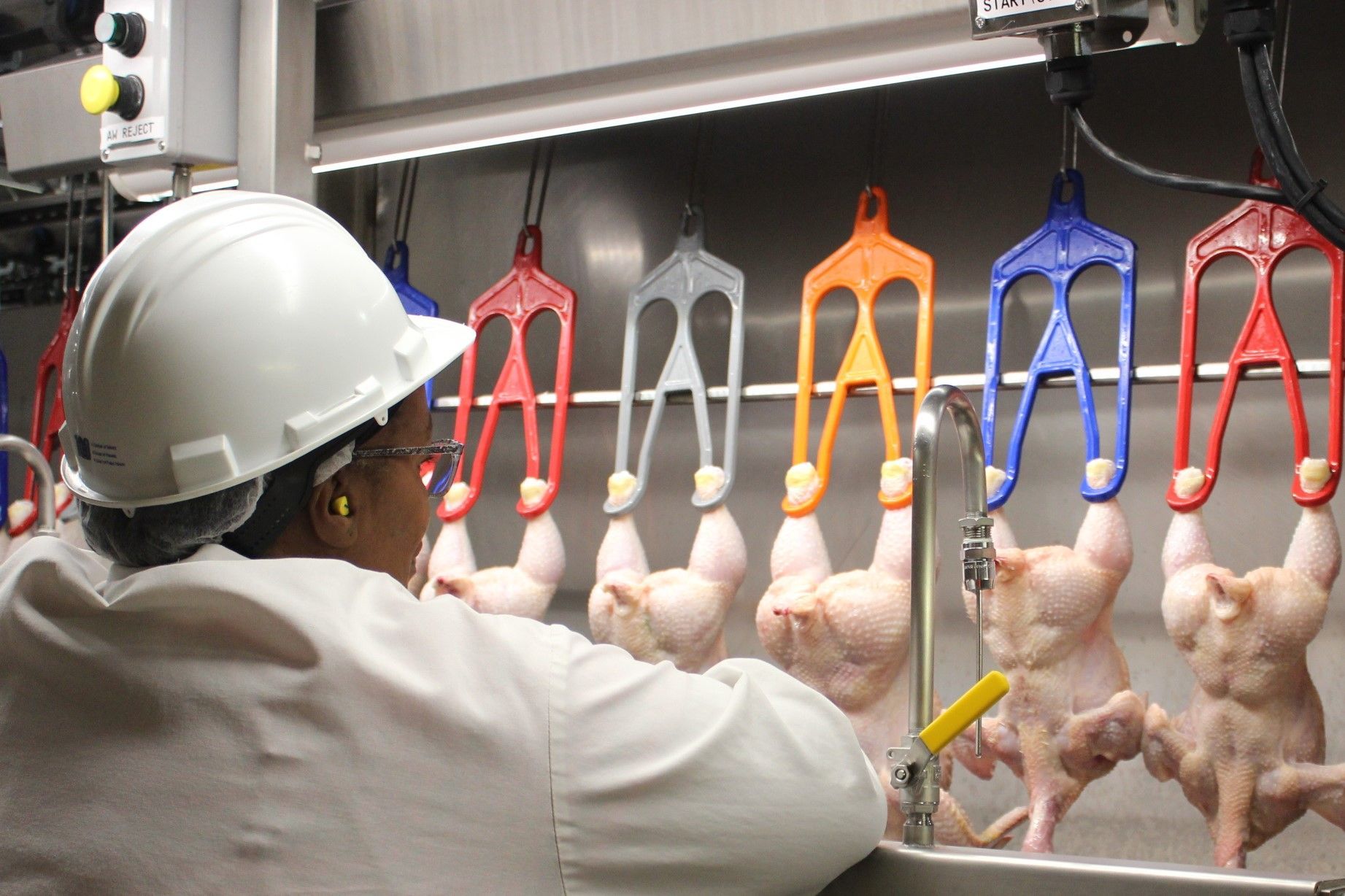If you've ever seen an ad for Lucky Charms cereal, branded by its manufacturer, General Mills, as "Magically Delicious", then you know it's a "Crunchy Cereal With Marshmallows To Make Breakfast Complete. Try Lucky Charms™ Today. Today's Your Lucky Day. Enjoy Delicious Marshmallow Charms With Crunchy Sweet Oats. Vitamins and Minerals. Great Tasting. Whole Grains."
If you are one of the thousands of customers who believe you got sick after eating a bowl of Lucky Charms, you day may not have been so lucky. America's favorite marshmallow cereal has come under fire since April, 2022 for allegedly making people ill after eating just one bowl of Lucky Charms. Symptoms reported by sick customers have included nausea, vomiting, dehydration, severe gas, diarrhea, green poop and others. According to one of the leading food safety web sites, Iwaspoisoned.com, over 7300 complaints linked to Lucky Charms cereal causing serious gastrointestinal problems have been reported to them since April, 2022. The following are just a sample of the more common reports they have received:
"I ate a bowl of a brand new box of lucky charms and become sick with gastrointestinal pain | Symptoms: Nausea, Diarrhea, Vomiting, Gas"
"Violently ill after eating Lucky Charms cereal. Headache, Nausea, stomach pain, intestinal gurgling, green diarrhea, hives. Sick for 2 days, going on 3 now."
"Last night I ate a bowl of Lucky Charms. After finishing the bowl I immediately got sick. Symptoms: Nausea, Vomiting"
Although only about 10% of the reports to Iwaspoisoned.com made it to the FDA (Food and Drug Administration), they immediately opened an investigation into Lucy Charms in an attempt to determine the source of contamination, if it is indeed concluded that it came from the cereal. As of this writing, the investigation is still underway, and the FDA has even enlisted the help of several leading State Health Departments, including the New York State Department of Health, to help them get to the bottom of this.
General Mills immediately issued an obligatory denial of any wrongdoing by stating through a company spokesperson, Andrea Williamson, "We continue to cooperate with the FDA in investigating this matter. We have not found any evidence of consumer illness tied to our products." And in fairness to General Mills, dry cereal is typically not involved in food-borne illnesses. However, some food experts, and, of course, well meaning attorneys, are already calling for General Mills to issue a voluntary recall of Lucky Charms, pending the results of the FDA's investigation, which could take months.
Lee-Ann Jaykus, a professor of food, bioprocessing and nutrition sciences at North Carolina State University who has been studying the case, believes the outbreak may be associated with COVID-19 supply chain issues. She believes that due to supply chain challenges, General Mills may not have been able to purchase its normal food dyes used to make its Lucky Charms marshmallows so colorful, possibly resulting in the reported green poop by consumers caused by a chemical found in a newly purchased food dye. Jaykus believes that the culprit is more likely a chemical ingredient rather than a bacteria or a virus because so many people reported becoming ill so quickly, in just a few hours. The onset of Salmonella, e.g., can take many hours to several days.
Although the investigation has not been completed, either by the FDA or General Mills, it may be in General Mills best interest as a good corporate citizen intent on re-establishing public trust to immediately issue a voluntary recall of Lucky Charms. By doing so, General Mills could demonstrate that they are placing Consumer Safety Over Profits. Until then, unless you're feeling extremely lucky, I'd recommend waiting for the FDA's findings before eating any more Lucky Charms.





